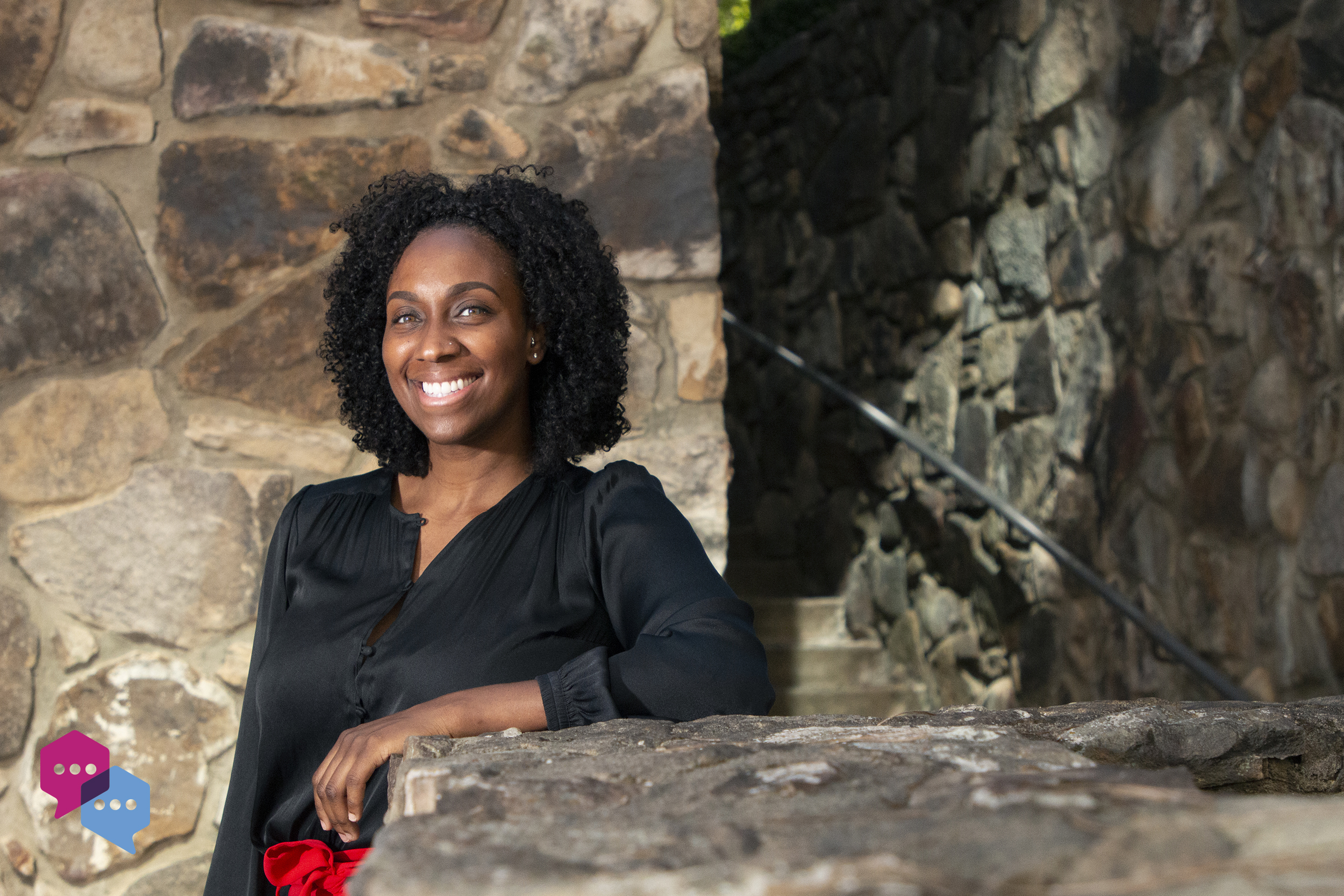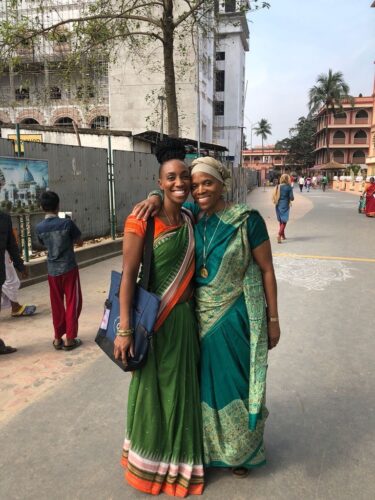Q: When you were a child, what was your response to this question: “What do you want to be when you grow up?”
A: I was named after a holy river in India whose waters are supposed to be very healing. Coincidence or not, I’ve always wanted to go into some type of healing profession. When I was younger, that was being a heart or brain surgeon.
Q: Share the pivotal moment in your life that helped you choose your field of study.
A: I went to Princeton determined to major in biology, but in my second year I took a medical anthropology course that totally changed the way I looked at health. I was not expecting to fall in love with anthropology. The population-level lens just really resonated with my interest in understanding root causes and addressed the types of questions I sought to answer — like why some groups of people are more sick than other — in ways that I had not been exposed to before.
Q: Tell us about a time you encountered a tricky problem. How did you handle it and what did you learn from it?
A: One of the current focuses of my work is to examine whether identity affects health — a challenging thing to do when identity itself is tricky to define and even trickier to measure. To do this, I am developing a new way of measuring this theorized health-relevant aspect of identity. It’s taught me how much fortitude it requires to attempt something that hasn’t been done before, particularly when trying to do something outside of the traditional boundaries of your field. I’ve had to learn to weather the external and internal pressures and to enjoy the process of discovery. Developing a new scientific tool requires an immense amount of time and energy — and could still be a failure. Maybe after all this my new measure won’t even prove to be useful. So I’ve been very conscious and intentional with embracing the process, the new knowledge gained along the way, and the relationships I’m building.
When I find myself in front of a problem that I’m struggling with, I try to recognize it and do something different. I’ve lost count of the number of times when I’ve felt stuck and frustrated. Oftentimes, I stop working, go for a run, and come up with an idea that allows me find a way around a problem.
Q: Describe your research in 5 words.
A: Resilient identity may slow aging.
Q: What are your passions outside of research?
A: I have so many things I love to do outside of research. The past few years I’ve gotten into training in Muay Thai. I had the opportunity to travel to Brazil to train which was amazing. I also love to travel in general — I have been to over 20 countries and have no intentions of stopping any time soon. Renovating homes is pretty high on my list as well.



